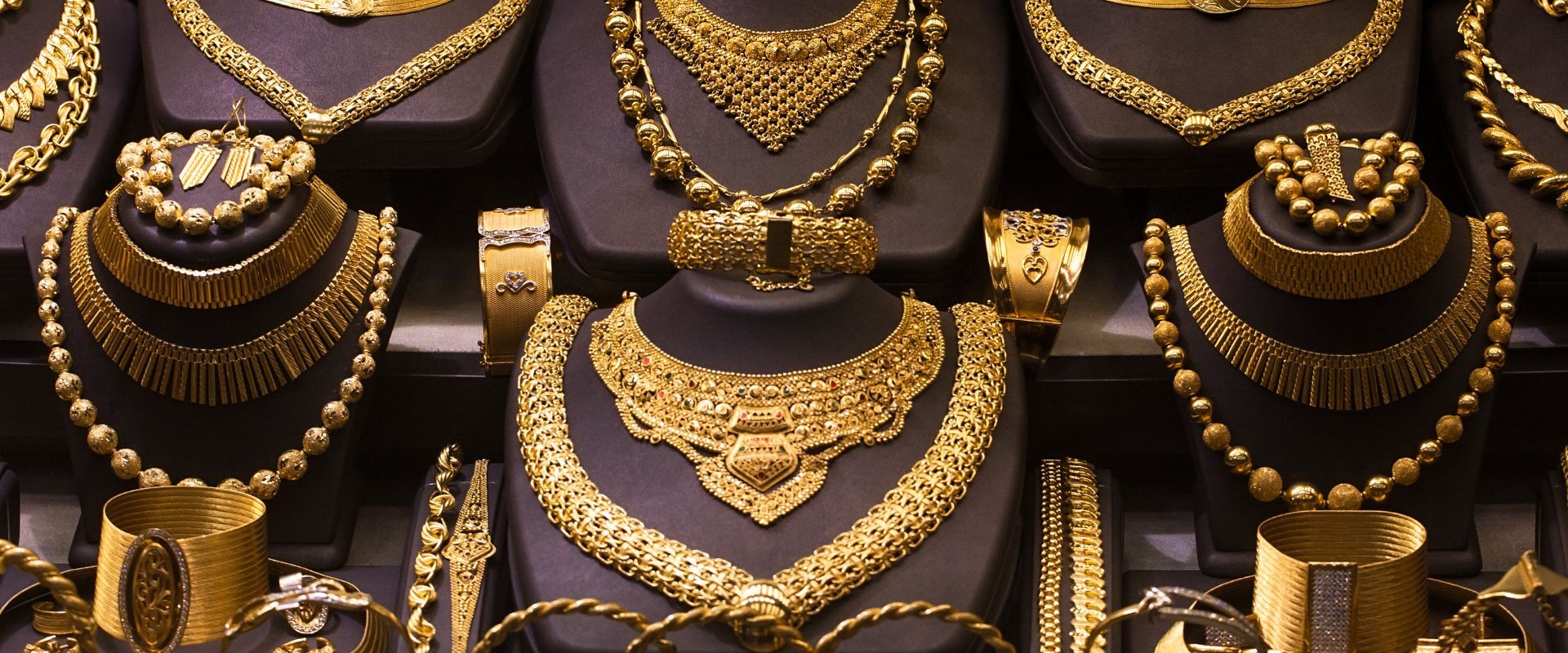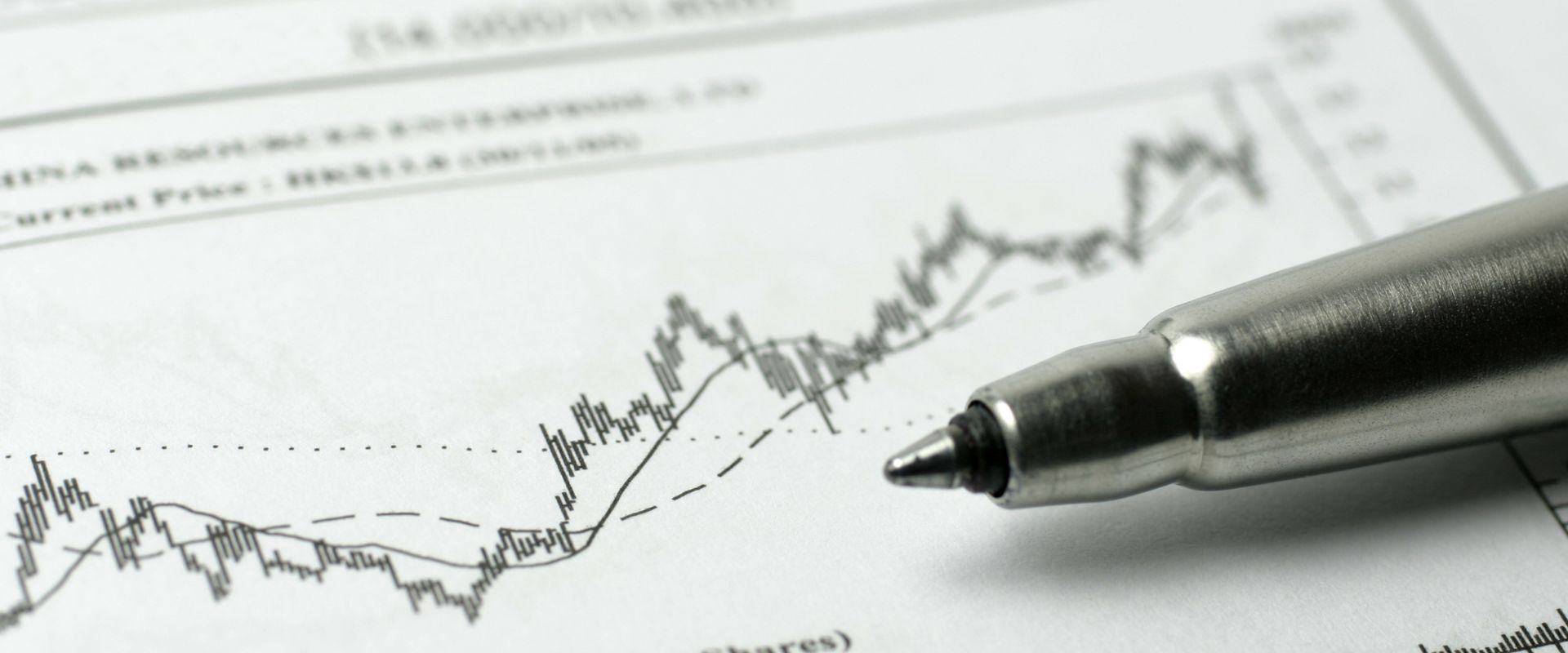Mali recently signed an agreement with Russia to construct a gold refinery in its capital city, Bamako. Russia has made quite a few deals with the Western African country now as it attempts to extend its reach amid the pressing Western sanctions. The non-binding memorandum of understanding will involve building a refinery set to produce 200 tons of gold per year, according to Mali Finance Minister Alousséni Sanou’s statements released during a recent interview.
“This will allow us not only to control all gold production but also to be able to correctly apply all taxes and duties,” Sanou explained.
The agreement will remain valid for four years, allowing Russia to construct the facility without following any timeline requirements. Assuming Russia follows its end of the agreement, this will be the largest refinery in Mali.
Mali is one of the largest gold producers in Africa, so it’s no surprise that Russia wants to begin capitalizing on its production rates. In 2022, Mali’s gold production output total came to 66.2 tons, representing a 4% increase from the year prior.
According to the Ministry of Mines, Mali contains roughly 800 tons of gold deposits, making it the world’s fifteenth-largest gold producer as of 2022 rates. On average, the nation accounts for around 2% of total global gold production.
Right now, Mali’s leading gold producers include B2Gold, Barrick Gold, and AngloGold Ashanti, all of which are headquartered in North America. Despite it seeming like the U.S. and Canada control most of Mali’s gold output, these major corporations only produce less than half of the nation’s total gold. Much of Mali’s gold production is funded by non-Western sources, such as Wassoul’Or and the Government of Mali.
Russia has extended a few deals to Mali in recent years as Western influences in the region have slowly diminished. For example, in October, Rosatom, a nuclear energy company from Russia, signed a mineral exploration deal with Mali to produce nuclear energy. Sanou also announced a recent deal with a Russian firm to construct a 200- to 300-megawatt solar power plant in 2025.
Russia and Mali have been teaming up for quite some time now beyond these seemingly innocent energy deals, though. For a while, troops from France were fighting off Islamic militants in Mali, though Mali’s military recently removed the colonial power, favoring support from Russia.
Now, Russia’s Wagner Group has moved in with operations across Africa, conducting various lucrative mining operations and war efforts. Russia’s Wagner Group has numerous accusations of violating human rights during its efforts supporting Mali’s fight against Islamists, some of which have been linked to Al-Qaeda.
Despite the potentially sketchy agreements happening between Mali and Russia, we do know that the most recent deal should provide Mali with improved gold production rates, ultimately offering the gold industry a boost. Along with this, investors in Mali recently received good news regarding their stakes in the precious metal.
In August of this year, Mali’s interim president, Assimi Goita, created a new mining code that increased government ownership over gold concessions in Mali. Following this new law, local investors and the nation’s government can increase their stakes to as high as 35%, whereas the previous limit was 20%.
Sanou hopes that this new code could more than double the gold sector’s contribution to gross domestic product. According to the finance minister, the Mali government recently conducted an audit revealing that it’s missing around 300 billion to 600 billion CFA francs ($497 million to $995 million), which it hopes to recover by negotiating with major corporations in the industry and by passing the new mining code to increase investor interest.
“The shortfall is around 300 to 600 billion CFA. So if the facts are established, it will be a question of re-negotiating what is renegotiable and recovering what is recoverable. When we go into negotiations with the companies, it is possible that we will obtain 300 to 400 billion,” Sanou explained.
Between this new incentive and the deal with Russia, we can likely expect enhanced gold production rates from Mali coming soon. In similar news, Peru recently reported a 13% surge in gold output, reflecting a greater trend spanning across the industry: nations are capitalizing on the rising gold prices right now. With gold excelling beyond record price rates, it makes sense that countries like Mali and Russia want to produce as much gold as possible.
As always, investors should consult their advisors before making any portfolio decisions.








